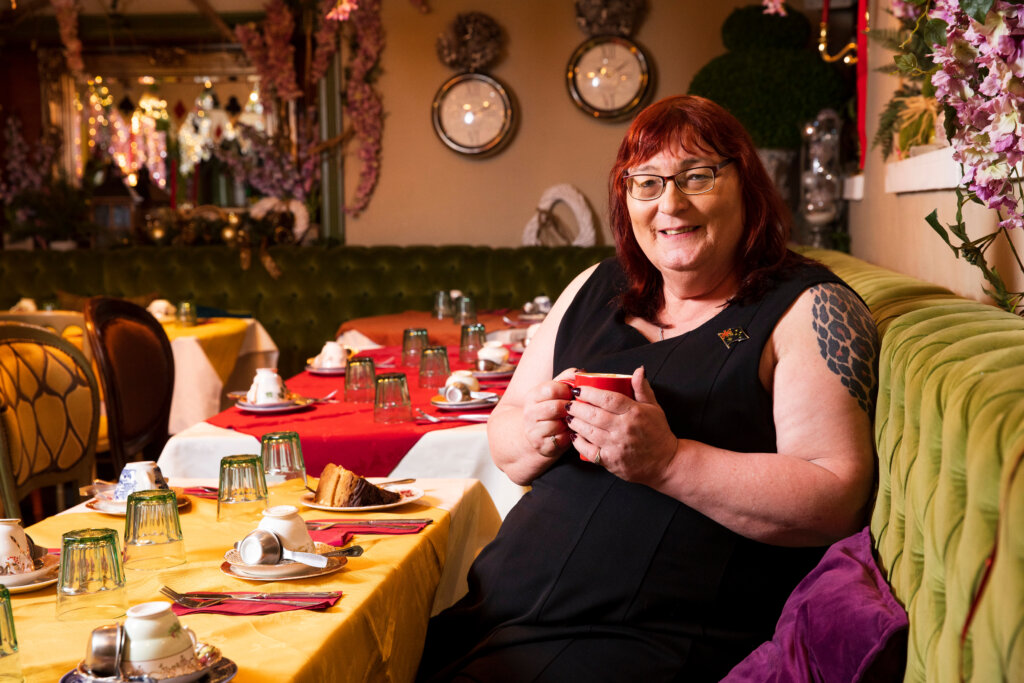
Mental health and menopause
As we go through the menopause phase, some of us might notice changes in our mood. Some believe that menopause can affect our mental wellbeing but the findings on this are mixed. It’s important to know that everyone’s experience with menopause is unique.
Many women feel symptoms like hot flushes, night sweats, mood swings, and trouble sleeping. According to the US-based John Hopkins Hospital, feelings of tiredness, moodiness, trouble sleeping, and feeling anxious might be because of lower oestrogen levels, but they could also be a response to getting older or changes in our roles in work or at home.
A big study in the USA followed women from all backgrounds for twenty years. It found that some women felt more sadness or worry during menopause and right after. However, tough times in life, money problems, or feeling unwell often played a bigger role in these feelings than menopause itself.
Remember, it’s vital for us to find help if menopause makes us feel bad. This stage in our life can be challenging, with things like work, teenage kids, looking after older parents, or shifts in relationships.
Some studies have tried to see if menopause causes anxiety. So far, most evidence doesn’t support this idea. While some think hormone changes play a role, more research is needed. What’s comforting is that if menopause does affect our mood, it doesn’t last long. Our mental wellbeing usually gets better afterward.
Always remember to reach out and talk to someone you trust if you’re feeling down or worried. Your health and well-being are important.

ANROWS (2020). Violence against women and mental health. Australia’s National Research Organisation for Women’s Safety, Sydney.
Bryant, Judd, F. K., & Hickey, M. (2012). Anxiety during the menopausal transition: A systematic review. Journal of Affective Disorders, 139(2), 141–148.
Critchley C (2017). It’s a fact: women get better with age. Pursuit, University of Melbourne, Melbourne.
El Khoudary, S.R., Greendale, G., Crawford, S.L., Avis, N.E., Brooks, M.M., Thurston, R.C., Karvonen-Gutierrez, C., Waetjen, L.E. & Matthews, K. (2019). The menopause transition and women's health at midlife. Menopause, 26(10), 1-15.
Feldman S, Radermacher H (2019). Vital conversations: giving older women in greater Melbourne a voice. Lord Mayor’s Charitable Foundation, Melbourne.
Kirkman M, Fisher J (2021). Promoting older women’s mental health: Insights from Baby Boomers. PLoS ONE. 16(1).
Kulkarni J (2018). Perimenopausal depression - an under-recognised entity. Aust Prescr. 41(6), 183-185.
LGBTIQ+ Health Australia (2021). Snapshot of mental health and suicide prevention statistics for LGBTIQ+ people. Sydney.
MCWH (2021). Submission into the Inquiry into Support for Older Victorians from refugee and migrant backgrounds. Multicultural Centre for Women’s Health, Melbourne.
Stathi, A., Fox, K. R., Withall, J., Bentley, G., & Thompson, J. L. (2014). Promoting physical activity in older adults: a guide for local decision makers. Avon Network for the Promotion of Active Ageing in the Community.





